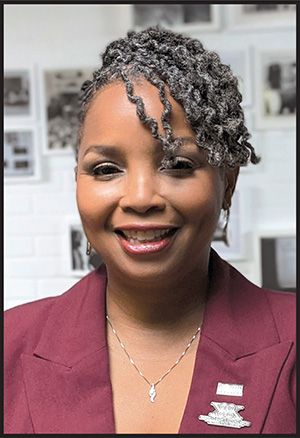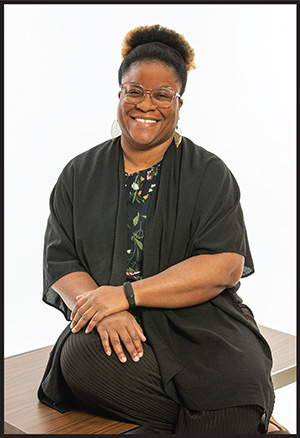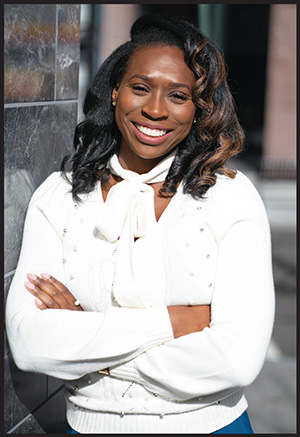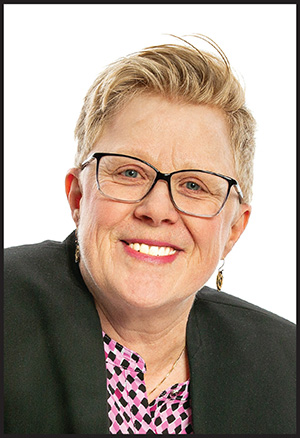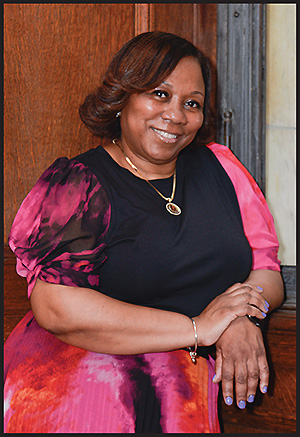Industry News
Jenay Dougherty aims to increase representation of Pacific Islanders in leadership roles, both within librarianship and in everyday life.
Dr. Tameka Bradley Hobbs, Regional Manager for Broward County Libraries’ African American Research Library and Cultural Center (AARLCC), recognizes the significance of historical awareness, particularly for the Black community. “As access to accurate Black history and diverse literature continues to be challenged in our state, AARLCC will continue to be a refuge to those seeking intellectual freedom and the freedom to read,” Hobbs says.
Thanks to Nardia Cumberbatch’s leadership, Valencia College in Orlando, FL, was the first library in Florida (and second academic library overall) to complete the Sustainable Library Certification Program.
Dr. Aisha Johnson’s research, publication, and consulting on African American librarianship dates to her undergraduate years at Florida State, where—after growing up in a diverse area of south Florida—she found herself one of the few Black political science students.
As the adult services librarian at the Curtis Memorial Library (CML) in Brunswick, ME, Hazel Onsrud is a passionate advocate for sustainable living, developing programming focused on sustainability to help her community discover how best to improve their environmental impacts.
When Rebecca Wolfe noticed groups of adults with intellectual or developmental disabilities (IDD) come to her library, she saw an opportunity to make their library time more meaningful and engaging. She founded the monthly All Abilities Club, which offers crafts, games, literacy activities, music, and guest speakers to adults with IDD and caregivers.
After being named library director in 2020, Tyler Hahn dove into calling attention to the rural digital divide and advocating for the crucial role of rural librarians on the radio, in news outlets, and to state and federal elected officials.
Tara Somersall’s creativity serving children of all ages has made Yonkers Public Library a community leader in meeting kids’ needs and preparing them for a lifetime of reading.
Sara Ring's work with the 23 Linked Data Things project grew out of conversations with colleagues at a conference a few years ago, where they discussed the lack of resources for librarians to keep up to date on technology. But it wasn’t until she and other coworkers formed a Wikidata Book Club that the discussion extended into how to help people—including themselves—learn about linked data.
ALREADY A SUBSCRIBER? LOG IN
We are currently offering this content for free. Sign up now to activate your personal profile, where you can save articles for future viewing

